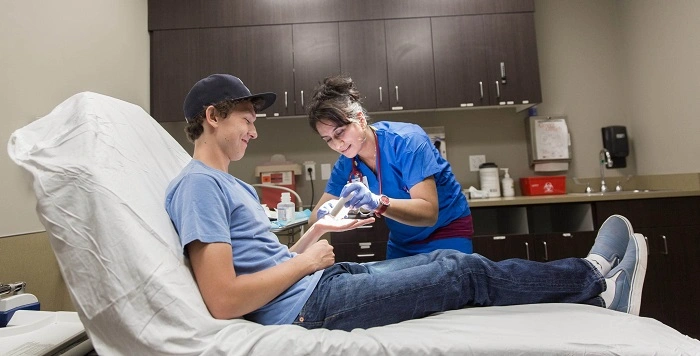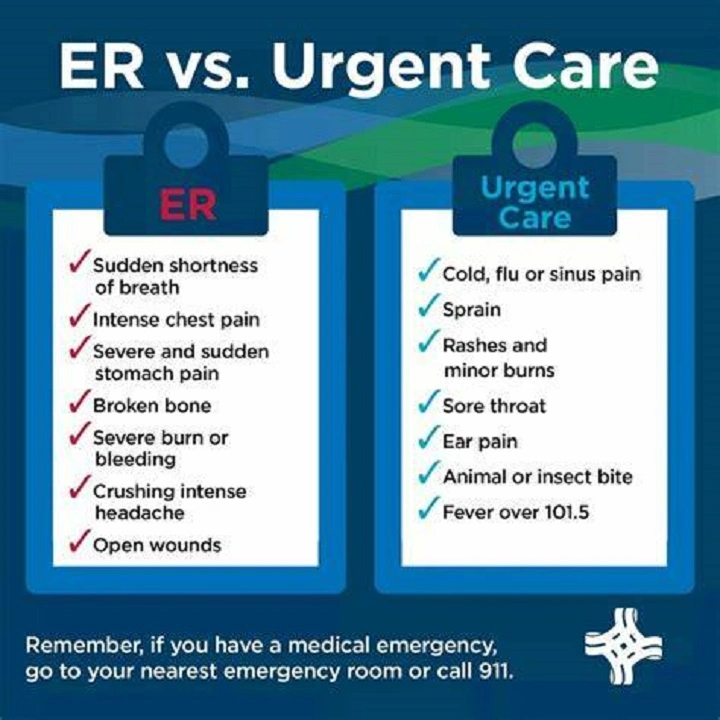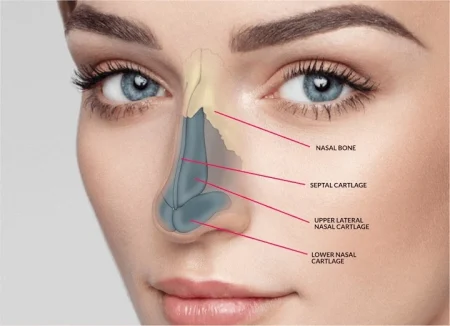When you’re not feeling well or facing a sudden health issue, knowing where to go for treatment can be confusing. Should you visit an Emergency Room (ER) or head to an Urgent Care clinic? Understanding the difference between ER and urgent care is essential—not just for saving time and money, but for ensuring you get the right care at the right moment.
This article dives deep into when to choose the ER, when urgent care is more appropriate, and how to make quick, informed decisions during medical situations.
What Is an Emergency Room (ER)?
Life-Saving Care Around the Clock
Emergency Rooms are hospital-based facilities equipped to handle the most serious medical conditions. They are open 24/7, staffed with trauma specialists, surgeons, emergency physicians, and nurses trained to deal with critical or life-threatening emergencies.
Common Reasons to Visit the ER
- Severe chest pain or suspected heart attack
- Stroke symptoms like facial drooping or slurred speech
- Difficulty breathing
- Major trauma or head injuries
- Severe bleeding or burns
- Loss of consciousness
- Seizures or overdose
If your condition could potentially result in death or permanent injury, the ER is your best and only option.
What Is Urgent Care?

Convenient Care for Non-Life-Threatening Issues
Urgent care centers are walk-in medical clinics designed to treat injuries or illnesses that need prompt attention but are not emergencies. They offer a quicker and more affordable alternative to ER visits, especially outside regular doctor’s office hours.
Conditions Treated at Urgent Care
- Minor fractures and sprains
- Cuts needing stitches
- Cold, flu, or fever
- Earaches and sore throat
- Urinary tract infections (UTIs)
- Rashes, insect bites, or mild allergic reactions
Most urgent care clinics are open late evenings and weekends, providing accessible care when your primary care physician is unavailable.
ER vs Urgent Care: Key Differences
Understanding how these two healthcare options differ can help you choose the right one in a moment of need.
| Feature | Emergency Room | Urgent Care |
| Severity of Condition | Life-threatening | Non-life-threatening |
| Hours of Operation | 24/7 | Extended hours (not 24/7) |
| Wait Time | Longer, based on triage | Shorter, first-come-first-serve |
| Cost | High | Moderate to low |
| Staff | Emergency doctors, surgeons | General practitioners, PAs, NPs |
| Equipment | Full hospital resources | Basic diagnostic tools |
Cost Comparison: A Major Factor
Emergency Room Costs
A visit to the ER can cost anywhere from $500 to several thousand dollars, depending on the complexity of treatment and whether tests like CT scans or MRIs are needed. Insurance co-pays for ER visits are also higher.
Urgent Care Costs
Urgent care visits typically cost $100–$200 without insurance, and co-pays are often lower for those with health plans. They’re ideal for addressing medical issues quickly without breaking the bank.
When to Go to the ER: Clear Red Flags
Knowing when to bypass urgent care and go directly to the ER can be life-saving. Head to the ER if you experience:
- Sudden chest pain or tightness
- Shortness of breath
- Uncontrollable bleeding
- Loss of consciousness
- Severe head injuries or broken bones poking through skin
- Seizures or convulsions
- Symptoms of stroke (e.g., facial droop, weakness on one side, confusion)
Don’t second-guess in these situations—call 911 or go directly to an ER.
When to Choose Urgent Care Instead
For less severe conditions that still require medical attention, urgent care is the smarter, faster, and more cost-effective option.
Go to urgent care if you have:
- Cough, cold, or flu symptoms
- Ear infections or sinus pressure
- Mild fever or sore throat
- Minor burns or cuts that need stitches
- Sprains, strains, or minor fractures
- Rashes or allergic reactions without swelling of the throat
Many urgent care centers even offer on-site X-rays, blood tests, and vaccinations, making them ideal for a wide range of everyday issues.
Benefits of Choosing Urgent Care

- Shorter wait times
- Lower cost
- Walk-in availability
- On-site diagnostic services
- Evening and weekend hours
You can usually be in and out of urgent care in under an hour, compared to hours at a busy ER.
Pediatric Care: ER or Urgent Care for Children?
This is a common concern for parents. Minor issues like a fever, earache, or pink eye can be addressed at urgent care, especially at clinics that offer pediatric urgent care.
However, if your child has:
- A very high fever (especially in infants)
- Difficulty breathing
- A seizure
- Severe allergic reaction
then go to the ER without delay.
Telemedicine: An Emerging Middle Ground
Some urgent care providers now offer virtual visits, where you can consult with a healthcare provider via video call for:
- Medication refills
- Minor infections
- Skin conditions
- Mild cold symptoms
This is a convenient way to avoid both urgent care and ER when dealing with low-risk issues from home.
How to Make the Right Decision
If you’re still unsure, use this basic rule of thumb:
If the condition could cause serious harm or death, go to the ER. If it’s something you’d normally see your doctor for but can’t wait, go to urgent care.
You can also call ahead to an urgent care center and describe your symptoms—they may advise you to head to the ER if necessary.
FAQs
Can urgent care treat broken bones?
Yes, minor fractures can be treated at urgent care, especially if they don’t involve open wounds or severe deformities.
Is it cheaper to go to urgent care than the ER?
Yes. On average, urgent care costs significantly less, both for self-pay patients and those with insurance.
Can urgent care prescribe medication?
Absolutely. Providers at urgent care centers can diagnose, treat, and prescribe medications for various non-emergency conditions.
Do all urgent care centers accept insurance?
Most do, but it’s wise to verify acceptance of your specific plan before your visit.
What if urgent care can’t treat my condition?
If your condition is beyond their scope, they’ll either refer you or transfer you directly to the nearest ER.
Understanding the difference between ER and urgent care is essential for making informed healthcare decisions. The ER is critical for life-threatening emergencies, while urgent care is a fast, affordable solution for less severe conditions. By knowing when to choose each option, you not only save money and time—you ensure you receive the right care exactly when you need it most.








